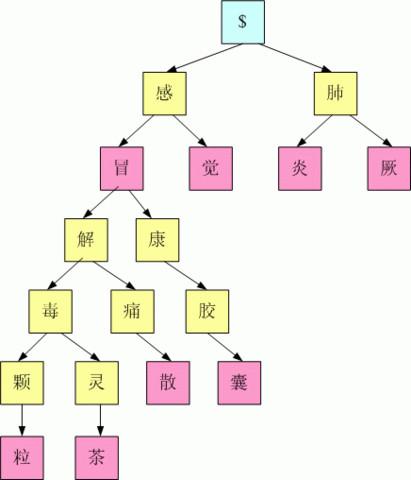Languages have diverse characteristics that have emerged through evolution. In modern English grammar, the perfect is formed with \textit{have}+PP (past participle), but in earlier English the \textit{be}+PP form also existed. It is widely recognised that the auxiliary verb BE was replaced by HAVE throughout evolution, except for some special cases. However, whether this evolution was caused by natural selection or random drift is still unclear. Here we examined directional forces in the evolution of the English perfect with intransitives by combining three large-scale data sources: EEBO (Early English Books Online), COHA (Corpus of Historical American English), and Google Books. We found that most intransitive verbs exhibited an apparent transition from \textit{be}+PP to \textit{have}+PP, most of which were classified as `selection' by a deep neural network-based model. These results suggest that the English perfect could have evolved through natural selection rather than random drift, and provide insights into the cultural evolution of grammar.
翻译:语言在演化过程中呈现出多样化的特征。在现代英语语法中,完美语态由“have”+过去分词构成,而在早期的英语中,“be”+过去分词的形式也存在。众所周知,助动词“be”在演化过程中被“have”所取代,但是否是由自然选择或是随机漂变所引起的,目前还不清楚。在本研究中,我们结合了EEBO(Early English Books Online)、COHA(Corpus of Historical American English)和Google Books三个大规模的数据源,对英语完美语态以及其不及物动词方面的演化中的方向性力量进行了分析。我们发现,大多数不及物动词从“be”+过去分词过渡到了“have”+过去分词,这其中大部分被深度神经网络模型归类为“选择”。这些结果表明,英语完美语态可能是通过自然选择而非随机漂变演化而来,并为语法的文化演化提供了新见解。



